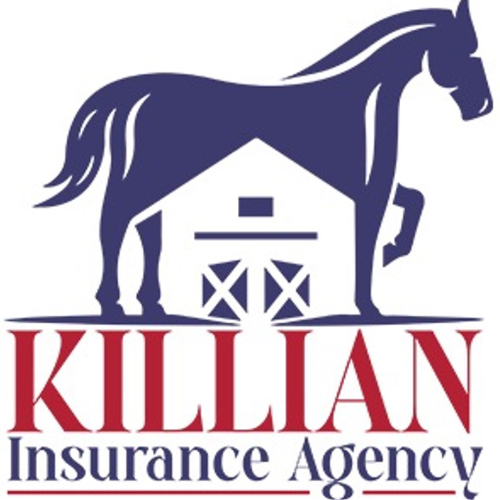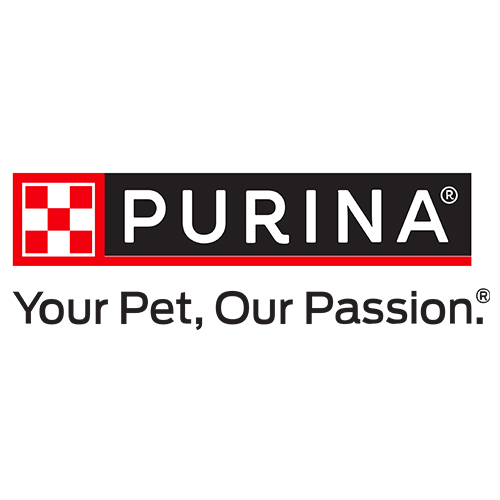Parasites in horses can cause various symptoms from colic, malnutrition, and immune system failure to death.
The most common internal parasites in horses are large redworms (strongyles) and small strongyles.
They are picked up and swallowed as the horse eats contaminated pasture. Once in the gut, these worms migrate through the blood vessels of the intestine, causing inflammation and damage.
-
Know Your Parasites
Parasitic infections are a common problem for horses. They can cause various symptoms, from mild diarrhea to severe colic and even death.
Certain parasites are more dangerous to your horse than others. For example, large redworms (strongyles) damage the arteries that supply blood to the intestines, a life-threatening condition that can result in severe colic.
They also infect the liver, lungs, and other vital organs. These parasites often migrate through a horse’s system to complete their life cycle, causing damage.
Proper deworming and ongoing monitoring are the most effective way to prevent parasites from infesting your horse. This includes a comprehensive parasite control program that is specifically designed for your horse and its environment.
-
Know Your Horses
If parasites are allowed to build up in a horse’s internal system, they will cause gastrointestinal lesions, oral lesions, liver damage, stomach, and intestinal lining issues, telescoping of the intestines, impactions, and colic. They also can cause the horse to lose weight and have poor coats.
Many different types of worms can infect horses, each with a life cycle and infective state. These worms can be spread through pasture and manure.
The shedding rate of the horse, as determined by fecal egg counts, is another important factor to consider. Horses with high shedding rates will likely need deworming more frequently than those with low numbers of worms.
Keeping horses clean of manure daily and rotating paddocks at least 2-3 times weekly help reduce the chances of parasite infestation. Additionally, it’s essential to deworm new horses before introducing them into the herd to minimize contamination by an unknown host.
-
Know Your Dewormers
Deworming your horse is a crucial step in ensuring that they have the best chance of living happy, healthy lives. The most effective way to do this is through a strategic program that includes wormers and pasture management.
Under natural conditions, horses graze freely over large areas of grass. However, the confined nature of today’s horses has led to high parasite burdens as worm egg populations become concentrated in small areas.
Worms aren’t a big problem for the horse in low numbers, but once they build up, they can cause health problems such as colic and poor body condition.
Anthelmintic drugs are the most common method for reducing a horse’s parasite load. These medications are designed to kill or expel a wide range of parasites.
Many different anthelmintic drugs are available for use in horses, each targeting a specific type of parasite. These drugs work differently, so it’s essential to know the chemistry of your anthelmintic and how it affects your horse.
-
Know Your Feeding Schedule
Keeping your horse’s diet balanced is key to his or her health. This means eating enough to satisfy your horse but not so much that it causes weight loss or diarrhea.
Maintaining a low parasite load within your horse’s gut can help him or her absorb more of the nutrients in his or her food. However, having too many parasites can be dangerous and affect your horse’s overall health.
Managing your horse’s manure is also an essential part of parasite control. Removing it from the pasture regularly will decrease the number of available fecal spots where parasite larvae can breed.





















